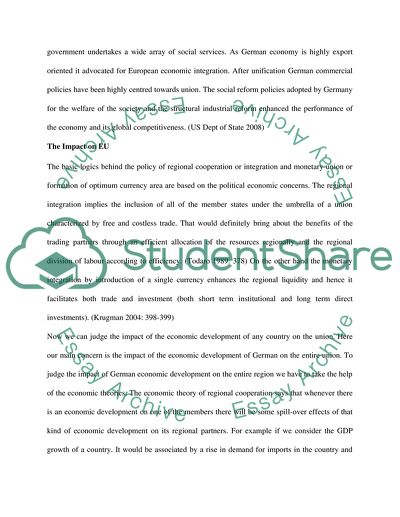Cite this document
(“Economic developments in Germany and their impact on the EU economy Essay”, n.d.)
Retrieved from https://studentshare.org/macro-microeconomics/1554945-economic-developments-in-germany-and-their-impact-on-the-eu-economy
Retrieved from https://studentshare.org/macro-microeconomics/1554945-economic-developments-in-germany-and-their-impact-on-the-eu-economy
(Economic Developments in Germany and Their Impact on the EU Economy Essay)
https://studentshare.org/macro-microeconomics/1554945-economic-developments-in-germany-and-their-impact-on-the-eu-economy.
https://studentshare.org/macro-microeconomics/1554945-economic-developments-in-germany-and-their-impact-on-the-eu-economy.
“Economic Developments in Germany and Their Impact on the EU Economy Essay”, n.d. https://studentshare.org/macro-microeconomics/1554945-economic-developments-in-germany-and-their-impact-on-the-eu-economy.


